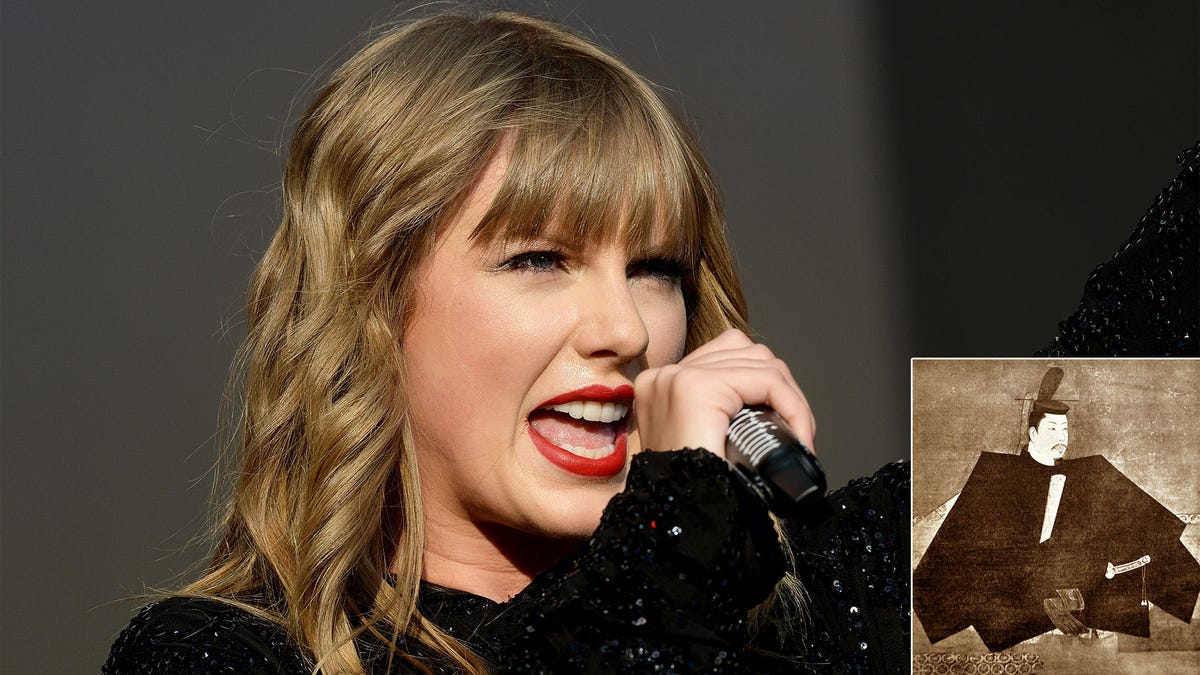Just a wild idea. What if the Allies go further in punishing Japan after WWII, but instead of getting rid of the emperor altogether, they have the cockamamie plan of reinstating the shogunate as a means to check both the power of the emperor as a ceremonial head, and limit the diet's power? Basically then political power is divided between the diet and a revived, reformed bakufu, and the ceremonial symbolism is divided between the emperor and the shogun. It doesn't have to return to the Tokugawa clan, but funnily enough the Tokugawa Iesato who died in 1940 seemed to have pretty good relations with the U.S. as he was a goodwill ambassador during peacetime.
Basically I'm wondering if the Allies could have punished Japan a little harder but still working within the framework of the Japan of the past century. So you blow away the Meiji Era slightly by reintroducing the bakufu and keeping power fragmented.
Basically I'm wondering if the Allies could have punished Japan a little harder but still working within the framework of the Japan of the past century. So you blow away the Meiji Era slightly by reintroducing the bakufu and keeping power fragmented.

